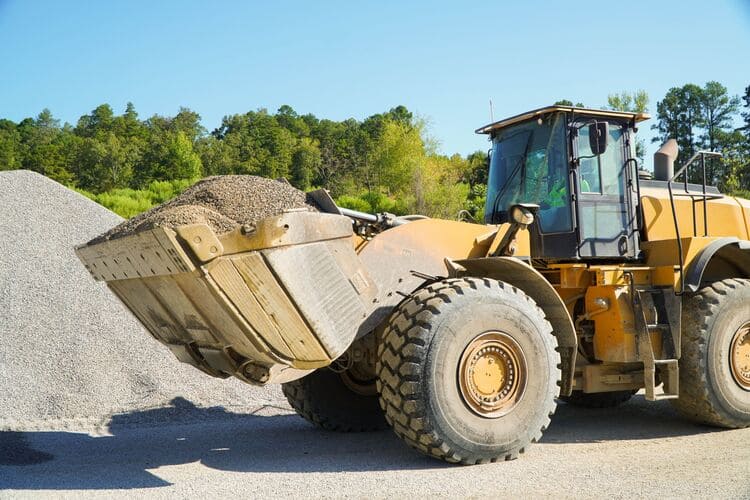There are plenty of great jobs to be found in the construction industry– if you’re searching for a reliable job to support yourself and your family, construction is definitely the right place to look!
But some jobs in the industry require special licenses and certifications in order to safely operate machinery. It helps to be familiar with what kinds of licenses you might be expected to have, so you can be fully prepared for the job’s duties.
Why are special licenses required for construction jobs?
You might be thinking, “It’s not that hard to operate machinery! Why should I have to seek out a license or a certification? Can’t I just learn on the job?”
Licenses and certifications for operating heavy machinery in the workplace are required because of the Occupational Safety and Health Act of 1970, typically referred to as OSHA.
OSHA was created to make sure that people are able to remain safe and healthy in their work environments by ensuring that everyone receives proper training and education regarding their job duties.
Without these requirements in place, operating heavy machinery (and working in other potentially hazardous environments) could result in a lot more accidents and even fatalities due to inexperienced workers who haven’t received proper education about their job duties.
In other words, when jobs require licensing and certification, it’s to keep everyone on the job site safe. No job is worth the devastation that a bad or even fatal accident could cause, especially when it’s preventable with the right education and training.
What kinds of licenses might I need to work in the construction industry?
Getting a heavy equipment operator certification is required for plenty of construction jobs. In Arkansas, heavy machinery operators are required to have this certification, which costs $100 per year.
In order to receive it, you’ll need to go through a training program. These training programs are typically offered at your local community college or technical school.
If you’ll be operating machinery that weighs more than 10,000 pounds, you’ll be required to get a commercial driver’s license, too. There are three classes of commercial drivers’ licenses: Class A, which allows you to drive multiple vehicles over a certain weight, Class B, which allows you to drive a single vehicle over a certain weight, and Class C, which permits you to drive all other vehicles over a certain weight that aren’t covered by the Class A and B licenses.
A commercial driver’s license may also permit you to operate hazmat equipment or other specialized types of vehicles.
Crane operators also require special licensing; in order to receive crane operator certification, you have to pass two tests: a written examination, and a practical test.

Are there any construction jobs that don’t require a license?
There are certain pieces of machinery that you can operate without seeking special licensing. These might include skid steers or backhoes.
However, if you’re serious about a career in the construction industry, seeking the relevant operator’s licensing and certifications can only be a benefit to you and your career!
Where should I start if I want to work in construction?
Currently, there are plenty of amazing jobs available at RedStone Construction Group. In order to apply, you can just text REDSTONE to 22100, or check out the Careers page on our website. If you have any questions, feel free to give us a call!


Recent Comments